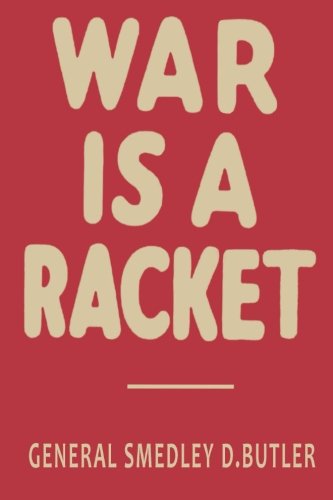Unfortunately, the blockbuster report known as the Afghanistan Papers has not received nearly as much coverage by most of the national news media as it deserved.
Overshadowed by impeachment news and perhaps a touch of professional media jealousy, most people outside the readership of the Washington Post have read little of this shocking report.
The Post story said, “U.S. officials failed to tell the truth about the war in Afghanistan throughout the 18-year campaign, making rosy pronouncements they knew to be false and hiding unmistakable evidence the war had become unwinnable.”
John Sopko, the Special Inspector General for Afghanistan Reconstruction, said, “The American people have constantly been lied to.”
Sopko headed the agency which conducted more than 400 interviews in a side project called “Lessons Learned” which began in 2014. He should be considered as an American hero for his work.
And while I seldom agree with the Washington Post, the Paper should be commended for its three-year legal battle to win release of his interviews.
 War is a Racket: The A...
Best Price: $6.45
Buy New $3.79
(as of 03:45 UTC - Details)
War is a Racket: The A...
Best Price: $6.45
Buy New $3.79
(as of 03:45 UTC - Details)
It is sad that some at the top of the federal government fought so long and hard to keep the 2,000 pages of Sopko’s interviews secret.
His report is filled with quotes like that of Gen. Douglas Lute: “We were devoid of a fundamental understanding of Afghanistan – We didn’t know what we were doing.” He was the White House Afghan war czar during parts of both the Bush and Obama Administrations.
Or Jeffrey Eggers, a Navy Seal and White House staffer under both Bush and Obama: “Osama was probably laughing in his grave considering how much we have spent on Afghanistan.”
The costs have been staggering: Almost 2400 U.S. soldiers killed, or 20,000 wounded, and at least $1 trillion spent thus far, although the costs will go up for years in payments to those who were maimed or disabled.
My opposition to the war in Iraq was well-publicized. Not nearly as well-known was my longtime opposition to dragging out the war in Afghanistan and my support for bringing home our troops years ago.
Mr. Sopko appeared seven times before the Committee on Oversight and Government Reform, on which I served, and once met privately with me and Congressman Walter Jones in Jones’ office to thank us for how we were speaking out on Afghanistan.
On Nov. 1, 2017, Sopko appeared before the National Security Subcommittee, of which I was a member. At that hearing, in response to a question, he said the “security situation has deteriorated dramatically” in the then almost six years he had served there.
The report attached to his testimony told of “thousands of ‘ghost’ soldiers and police” on U.S. payrolls, “nearly a half billion dollars wasted” on planes bought second-hand from Italy that were later scrapped for pennies on the dollar, $28 million on uniforms with the wrong camouflage for Afghanistan, and on and on.
At that hearing, I read into the record this paragraph from the September 4, 2017 New York Times International Edition:
“When the American author James Michener went to Afghanistan to research his work of historical fiction, Caravans, it was 1955 and there were barely any roads in the Country. Yet there were already Americans and Russians there jockeying for influence. Later, the book’s Afghan protagonist would tell an American diplomat that one day both America and Russia would invade Afghanistan and both would come to regret it.”
I was proud of my own military service, in which I did nothing heroic but did rise through the ranks from low-enlisted to Captain.
However, now very few in Congress and at high levels of recent administrations have ever served in our military. Because they have not served, they seem to be afraid that someone will question their patriotism if they do not give the military everything it wants.
However, most of our recent wars and deployments have been far more about money and power than they have been about any real threat to this Country.
I wish more people would remember (or read for the first time) these words by William F. Buckley, Jr., about Iraq but which apply just as well to Afghanistan:
“A respect for the power of the United States is engendered by our own success in engagements in which we take part. A point is reached when tenacity conveys not steadfastness of purpose but misapplication of pride.”




